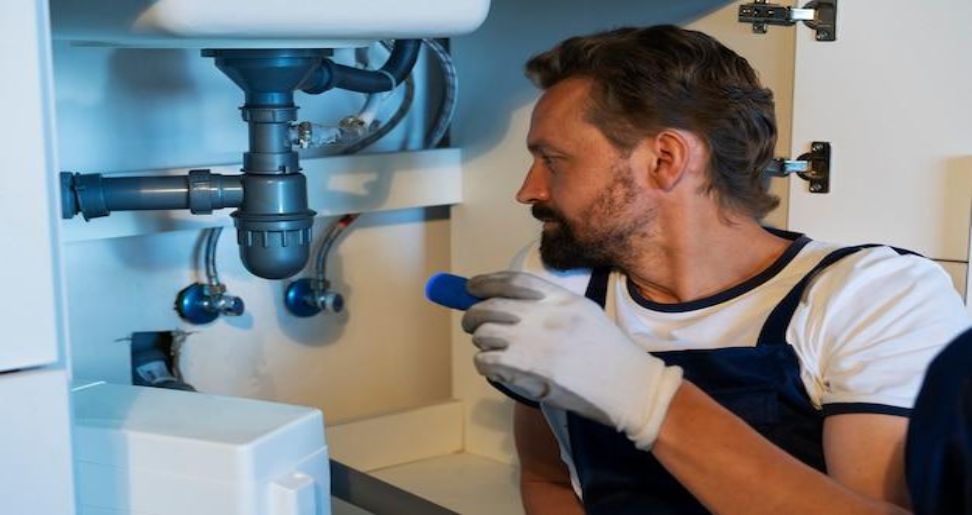We’ve all been there – rushing around on a weekend trying to complete honey-do lists when suddenly disaster strikes. For many rural homeowners, that moment comes when water backs up into low-lying fixtures or soggy patches appear over the septic drain field. It’s a headache no one wants to deal with, but one easily avoided through routine septic system repair like pumping. As the old saying goes, an ounce of prevention is worth a pound of cure.
When a Septic System Fails
Whether it’s a leaking tank, clogged pipes, or failed drain field, septic system failures always seem to happen at the worst possible time – like hosting out-of-town guests or prepping for a big family reunion. The causes usually involve neglecting regular pumping or ignoring early warning signs. But failure symptoms aren’t always obvious, and before you know it, wastewater bypasses the treatment process completely.
That’s when expensive emergency septic repairs become necessary to restore sanitary drainage and prevent further damage. Contractors must work quickly to unclog blockages, excavate components for inspection or replacement, and check soil for contamination requiring remediation. The costs of parts, labor, and regulatory permits easily run into thousands of dollars – money that could have been saved through preventative maintenance.
Schedule Regular Pump-Outs
Most septic professionals recommend having your tank pumped every 3-5 years depending on household size and water usage. This removes accumulated solids before they’re flushed into the drain field, overloading soil filtration capacity. Licensed technicians carefully vacuum out all sludge and scum layers to restore tank functioning.
Any issues discovered like cracks, offset seams or access problems can also be addressed during routine visits versus emergencies. Many companies even provide tank inspections to monitor long-term performance. This catches small problems before they escalate, saving homeowner’s headaches and restoring system life for many more years of service.
Check for Early Warning Signs
Beyond scheduled pumping, paying attention to a few subtle signs can indicate when your septic system may need attention or repairs:
- Slow-draining fixtures or gurgling sounds in plumbing
- Musty odors around the drain field or inside the home
- Muddy spots or bright green grass over the leach field
- Backups in showers, tubs, or floor drains
- The toilet flush handle needs to be held down to empty fully
Catching small issues early on lets pro check components for damage before urgent pump repair is required. Things like clogged distribution boxes, cracked pipes, or settling tanks can then be fixed through relatively inexpensive scope cameras or excavation when problems are minimal.
Protection for Property Values
Beyond budgets, septic system problems can threaten home values should issues arise during important events like home sales. No buyer wants to take on a money pit of uncertain repairs. Even more, some areas/lenders require septic inspections demonstrating proper care before finalizing loans or purchases.
In Conclusion
While no one enjoys scheduling septic system maintenance, addressing it regularly represents the ultimate insurance policy for home budgets, values, and comfort. Catching small problems before failures occur through basic pumping, inspections, and care means avoiding extremely high emergency repair costs, plumbing disasters, and environmental nightmares should something go wrong unexpectedly.
Read More:
- Best Babymoon Destinations
- Don Quijote Akihabara: An Unparalleled Retail Odyssey
- Exploring Bitcoin Trading Platforms: Your Gateway to Cryptocurrency Investing


